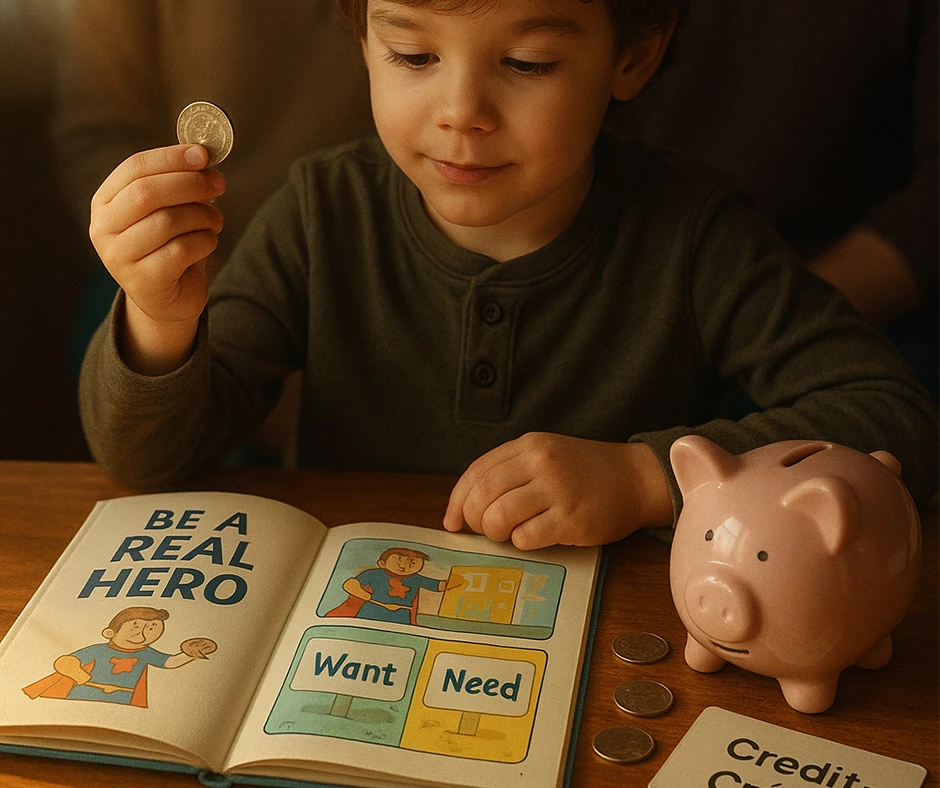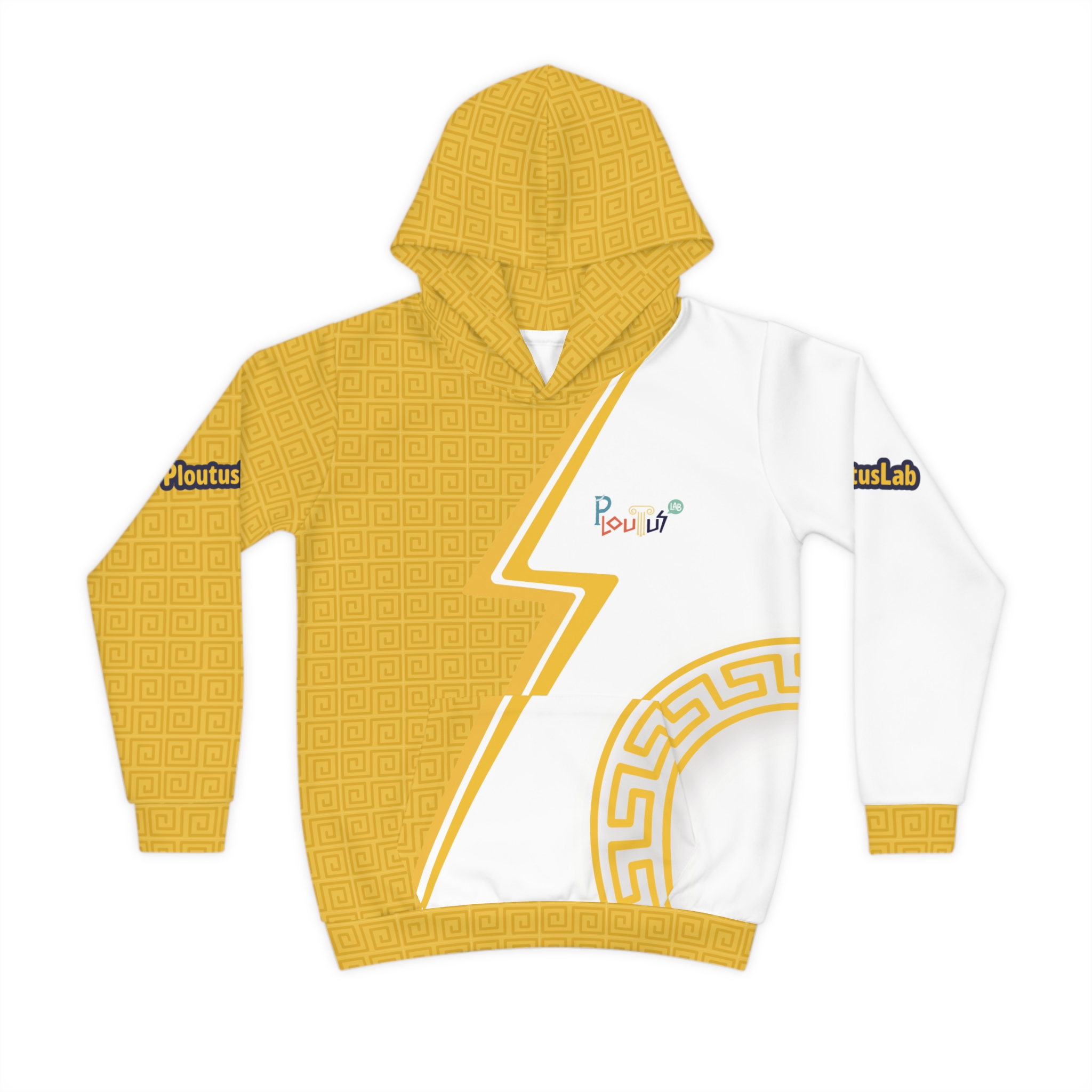Financial Education for Kids: Why Early Money Lessons Build Lifelong Habits
What if your child’s future financial well-being at 30 starts with learning how to manage coins and bills at age 6? It does.
Child development experts and neuroscience agree: between ages 3 and 9, kids develop self-control, financial decision-making skills, and the ability to differentiate between a smart investment and an impulsive whim.

“The habits formed by age 7 are likely to last a lifetime.” — Money Advice Service, University of Cambridge Study
What if your child’s future financial well-being at 30 starts with learning how to manage coins and bills at age 6? It does.
Child development experts and neuroscience agree: between ages 3 and 9, kids develop self-control, financial decision-making skills, and the ability to differentiate between a smart investment and an impulsive whim.
Why early financial literacy isn’t just smart—it’s life-changing
According to the World Economic Forum, one of the most needed life skills is “making smart money choices under uncertainty.” Kids can begin building this skill with everyday scenarios: saving for a toy, skipping a treat, budgeting $20 to act like a boss.
These are not just money moments—they're financial habits for kids in action: patience, comparison, delayed gratification.
Backed by research: Early money education builds emotional strength
Studies by the CFPB and the University of Wisconsin confirm that when children are exposed to early financial education through interactive activities, they show less impulse buying as teens, are more likely to have savings accounts as adults, and develop better emotional intelligence.
Meet Summit and Skipper: Learning about money through fun
In our bilingual financial literacy workbook for kids, Skipper and Summit guide young learners through planning, budgeting, emotional spending, and good vs. bad debt—via money games, decision-making battles, and comic stories.
Mini Activity: “Do I Want It or Need It?” (Page 9)
Go to page 9 in “Be a Real Hero.” Cut out the illustrated cards and sort: is this a want or a need? Then ask: why? That reflective moment is where financial habits and values are formed.
From everyday decisions to lifelong financial skills
“Teach your children early what you learn late in life.” — Richard Feynman
| For your child | For you |
| Develop financial discipline and patience. | Fewer tantrums, more meaningful conversations |
| Understand wants vs. needs | Less guilt when setting spending limits |
| Link money with values like gratitude | Promotes empathy, purpose and generosity. |
| Practice bilingual money vocabulary | Strengthens literacy and understanding of the real world. |
Conclusion: Give them financial confidence, not just money. Start with one page, one question, one choice. With "Be a Real Hero," you're raising a child who makes smart financial decisions and values what truly matters.





